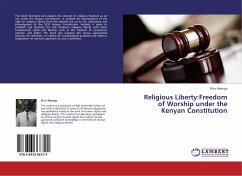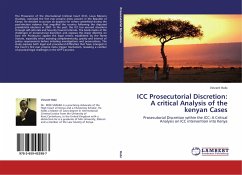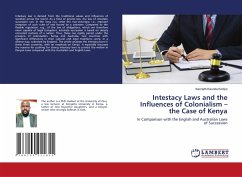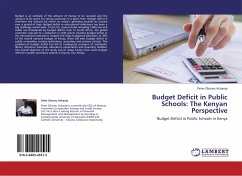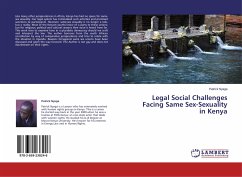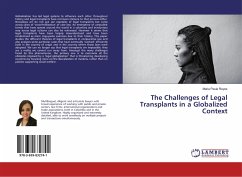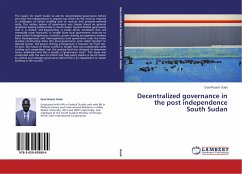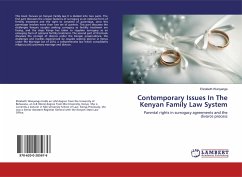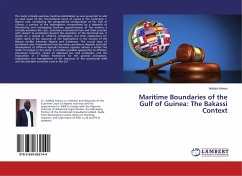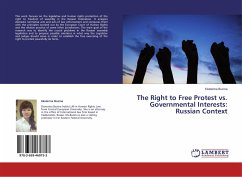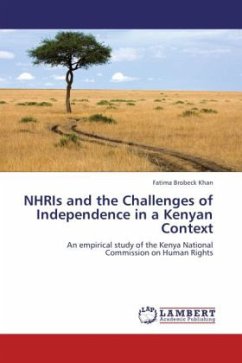
NHRIs and the Challenges of Independence in a Kenyan Context
An empirical study of the Kenya National Commission on Human Rights
Versandkostenfrei!
Versandfertig in 6-10 Tagen
32,99 €
inkl. MwSt.

PAYBACK Punkte
16 °P sammeln!
The concept of National Human Rights Institutions (NHRIs) with a mandate to protect and promote human rights have been addressed by the UN for more than half a century, and such institutions have been established in several countries around the world for the last two decades. The establishment of a NHRI is however not equal to the commitment for human rights. Kenya has ratified many of the core human rights treaties but this does not reflect the state of human rights in the country. There is still a big gap between human rights in theory and in practice. One way to understand the challenges re...
The concept of National Human Rights Institutions (NHRIs) with a mandate to protect and promote human rights have been addressed by the UN for more than half a century, and such institutions have been established in several countries around the world for the last two decades. The establishment of a NHRI is however not equal to the commitment for human rights. Kenya has ratified many of the core human rights treaties but this does not reflect the state of human rights in the country. There is still a big gap between human rights in theory and in practice. One way to understand the challenges related to the implementation of human rights in Kenya is to understand the challenges of a national body vested with the mandate to enhance the promotion and protection of human rights in the country. This thesis examines the challenges of independence for the Kenya National Commission on Human Rights (KNCHR). It assesses how national law corresponds to international recommendations and furthermore, how the independence granted in law corresponds to the independence of the KNCHR in practice. It also examines how NHRIs effectively can exercise both the watchdog role and the advisory role.



